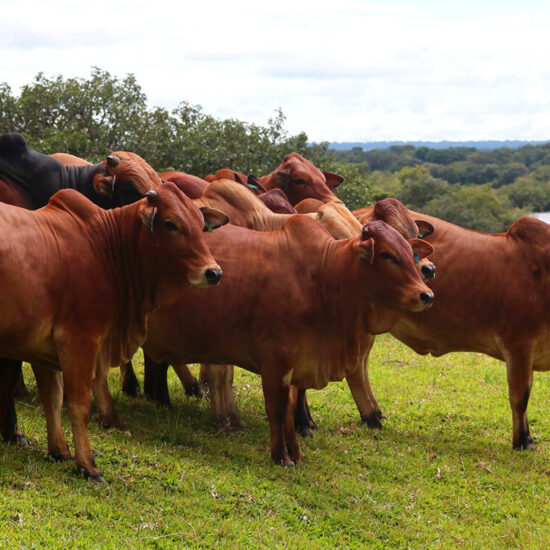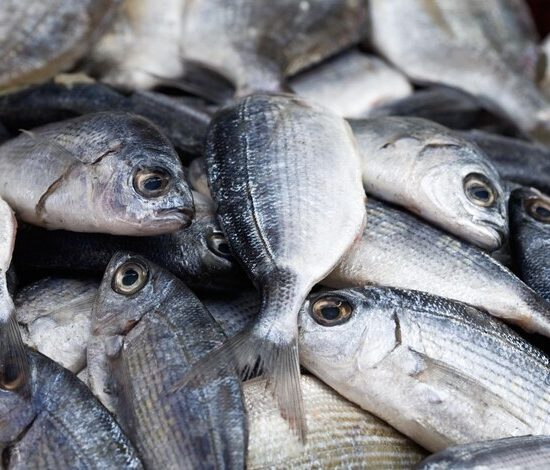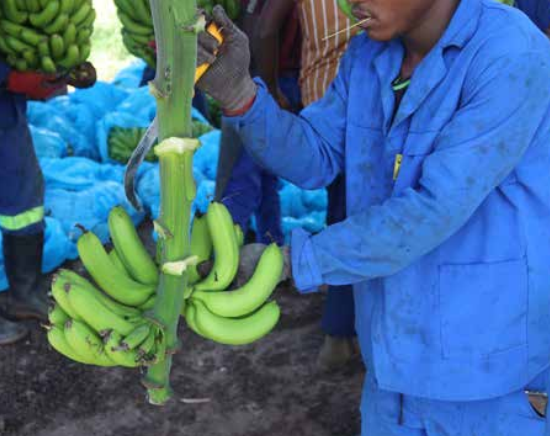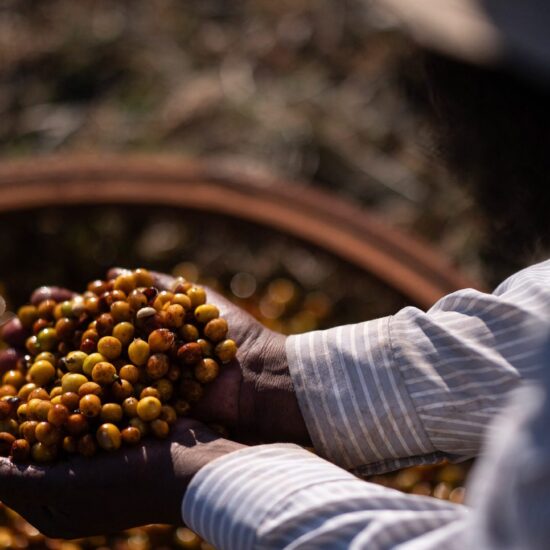
The ministry of Livestock and fisheries has backtracked and again lifted the very suspension slapped on importation of various livestock and livestock products and animal feed at a meeting attended by over 300 concerned stakeholders at the Mulungushi International Conference Centre in Lusaka.
This follows petitions by various livestock stakeholders through the Zambia National Farmers’ Union (ZNFU) who submitted a dossier of resolutions outlining how the suspension was threatening to collapse the sector. The suspension was merely announced last week on 31st May 2019 by the Permanent Secretary, Dr. Shamulenge.
Ministery of Fisheries and livestock permanent secretary Dr. David Shamulenga announced the lifting of the ban on behalf of Minister Kampamba Mulenga-Chewe but that considerations will still be made to ban the importation of certain products that the country can manage to produce in order to support local business.
“Immediately after this meeting, we are lifting the suspension so that all the trucks that have been marooned can start coming in. Actually we had already allowed trucks to start coming through after we received reports of trucks being marooned by Saturday, but be aware that the ban will still be in effect on certain products that we will announce in a shortest possible time.
Dr. Shamulenge acknowledged receipt of the submission at the meeting but asked ZNFU to make a formal submission to the Ministery of Fisheries and Livestock which will be studied and a position taken on the various resolutions. He asked for dialogue among all stakeholders and urged other organisations affected by the livestock and livestock products suspension to make their submissions by next week Wednesday.
And ZNFU Director Commodities Fisho Mwale said farmers and other livestock stakeholders were deeply concerned with the decision to suspend importation of livestock products saying any delay to reverse the suspension would hurt the livestock sector severely.
He warned that supplies and feed would only last the country two weeks after which there would be trouble for the various players.
Mwale presented the petitions by Beef Commodity Committee, Poultry Association of Zambia, Dairy Association of Zambia, the Aquaculture Association of Zambia, Pigs Commodity Committee and the Crocodile Association of Zambia.
While calling for the lifting of the suspension, Mwale called on the Ministry of Fisheries and Livestock to carefully scrutinize the submissions as some were calling for the upholding of the suspension of certain imports that were causing an uneven playing field in the sector and hindering growth of the sector.
The meeting, which also attracted livestock players from DR Congo, Namibia, Zimbabwe and Mozambique ended with the lifting of the suspension by the Ministry of Fisheries and Livestock to allow business to get back to normal.
The constant u-turns by government agencies and ministries are blamed on the lack of utilization of the Business Regulatory Review Agency – BRRA, which spells out clear guidance on the requisite consultative and technical review process that is required before regulation affecting business is churned out.
The need to ban or increase tariffs on importation of products that are locally produced is an economic growth imperative but a few corrupt civil servants rush to issue blanket bans knowing very well that they will all together be reversed due to including of even other critical inputs that can not be locally manufactured on the banned list.
What will now happen is that the goods which are locally available which should have been banned with proper consultation and research will fall into the cracks and the ban or tariff increment be deferred indefinitely, weakening the growth prospects of local livestock sector growth in the medium to long term.
Concerned citizens and members of the public have called for accountability, taking of action on the civil servants that issue these half baked and un-researched bans only to profit from the embarrassing government policy u-turns.
Most cattle ranchers and livestock farmers generally have complained of cheap imports and sub-standard beef and other products that have been getting smuggled into the country disadvantaging the local farmers who are cable of satisfying the local market.







